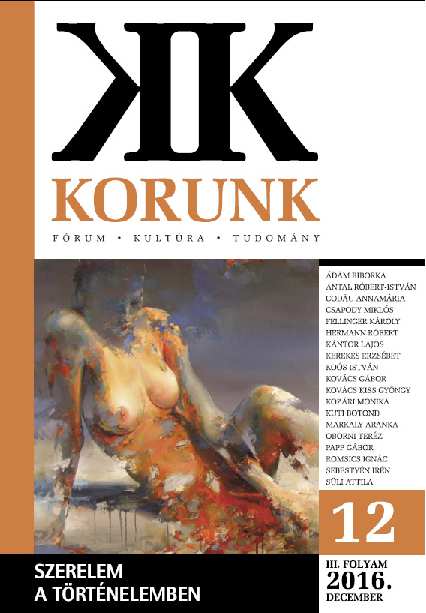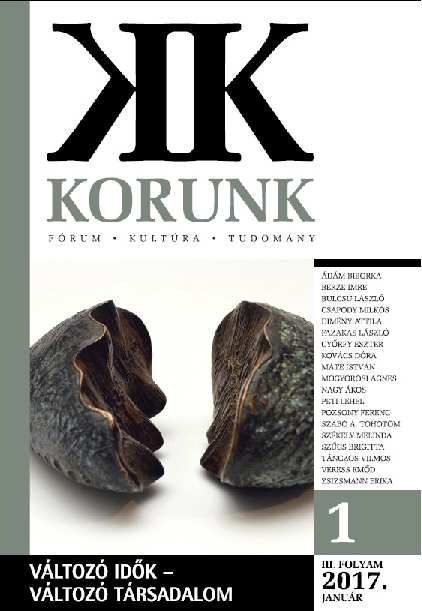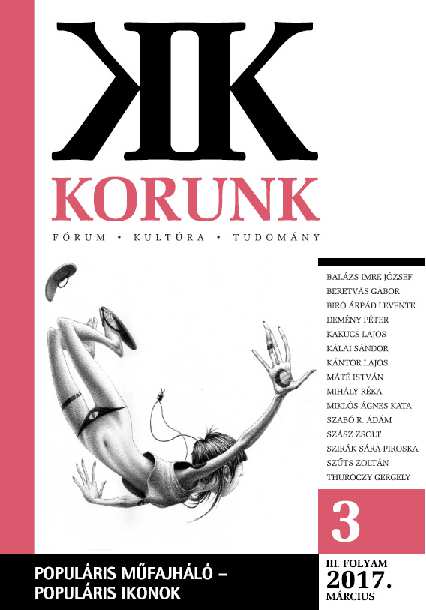We kindly inform you that, as long as the subject affiliation of our 300.000+ articles is in progress, you might get unsufficient or no results on your third level or second level search. In this case, please broaden your search criteria.
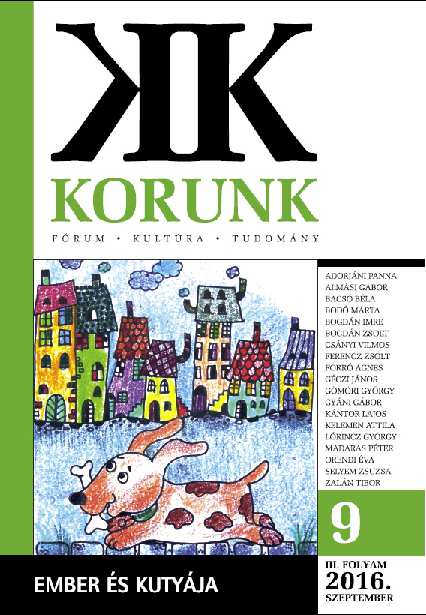


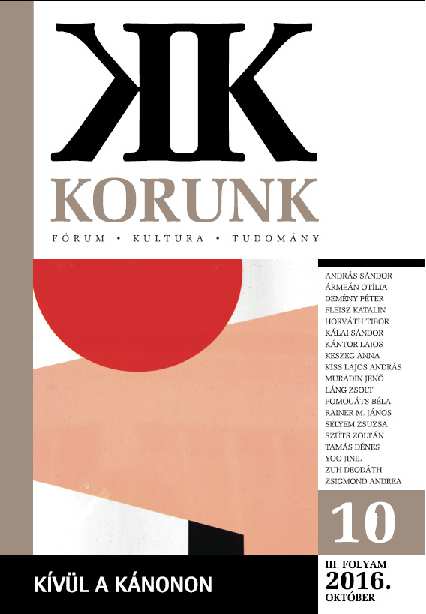

Analyzing Sándor Weöres’s experimental novel entitled Psyche, there is the possibility to approach the problems of literary canons. How are they constructed? What is their relationship to the ideologies and power structure of their own age? What is a canon good for? Postmodernism stated that there is no canon, “la vérité est plurielle”. It was meant to be liberating. However, today we have to experience the division of the readers according to the rules of marketing in such a degree that there is almost no common language to share something outside your reader group. A literary canon that is subordinated neither to power relations nor to private preferences, a canon that is more a flow than a closed archive would give us the possibility to communicate with the unknown each other – by connecting us to the sensibilities of different ages, by moving the boundaries of language further, by being able to face the non-domesticated life.
More...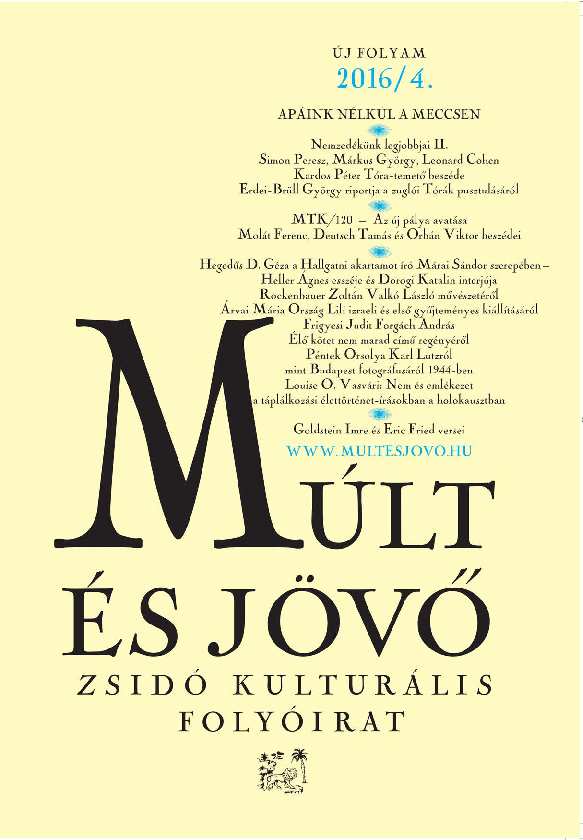
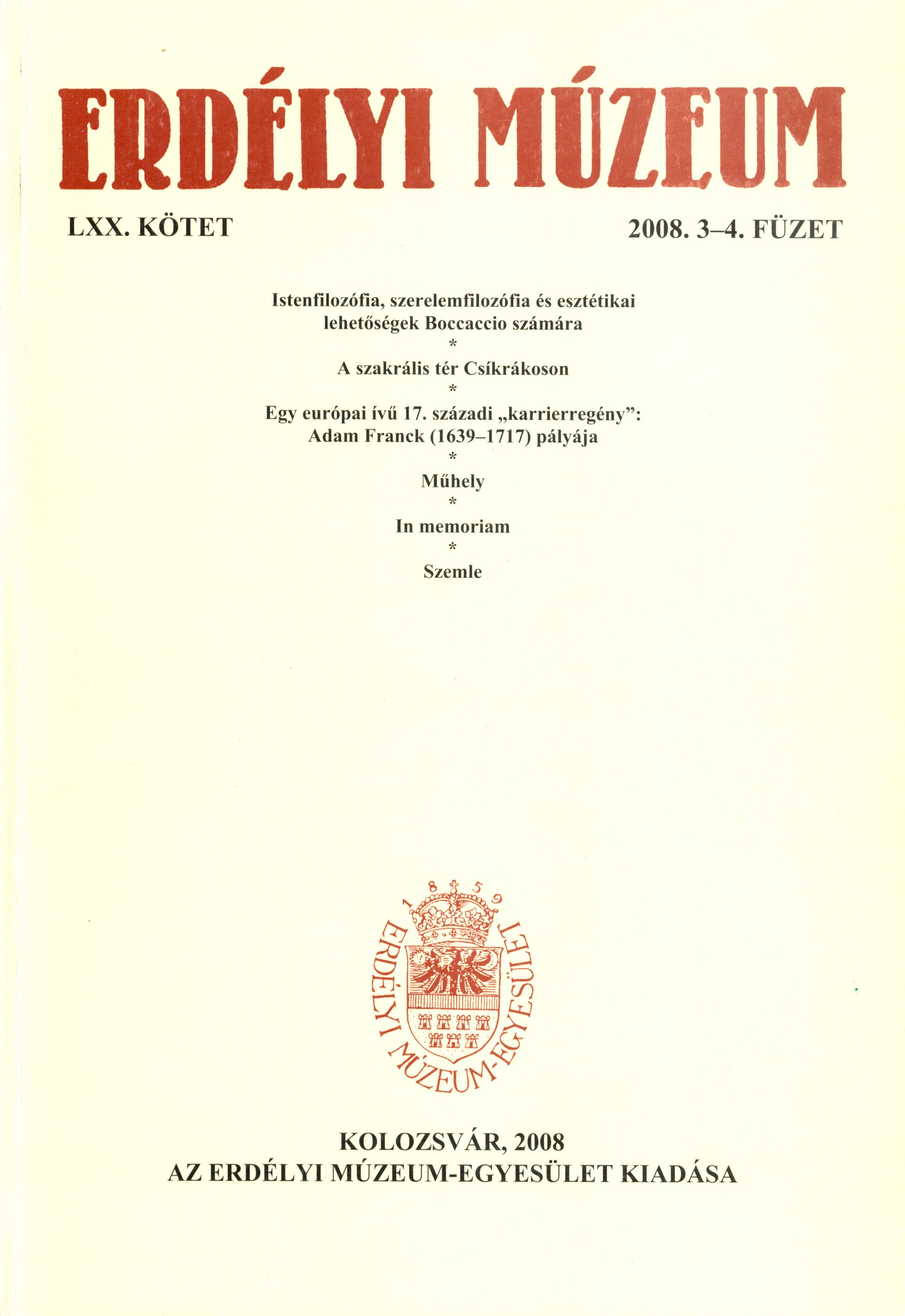
The paper presents some late modern tendencies in the poetry of the Hungarian poet Jenő Dsida (1907-1938).
More...